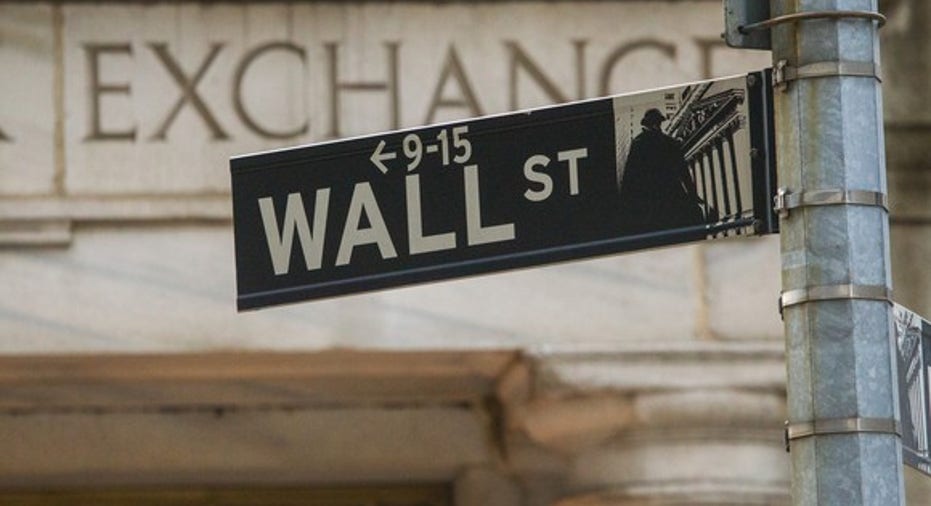Wall St. Lower After Post-Election Rally

Wall Street opened lower on Wednesday - a day after the Dow closed higher for the seventh day in a row following Donald Trump's election win - as investors brace for higher interest rates.
Trump's plans to cut taxes and raise infrastructure spending would boost economic activity, while his proposal to impose tariffs on cheap imports would likely drive inflation higher.
That prospect has given rise to expectations that the Federal Reserve would raise interest rates faster than anticipated, boosting the dollar index to a 14-year high.
A higher dollar hurts the overseas income of multinational companies.
The Fed will hike rates in December barring any major shocks, policymaker James Bullard said.
Traders are pricing in a 90.6 percent chance that the central bank will raise rates next month, according to CME Group's FedWatch tool.
"We had a pretty sharp rally off the election and it was pretty impressive, but it seems pretty clear to me that sort of emotional reaction, if you will, is now long off," said Randy Frederick, vice president of trading and derivatives for Charles Schwab in Austin, Texas.
"At this point we kind of have to get back to the fundamentals, and we could very well be in just a sort of wait-and-see mode until we get to the Fed meeting."
Investors are also waiting for more clarity regarding Trump's policies and what campaign promises will materialize into policies as well as keeping an eye on key appointments to his administration.
At 9:35 a.m. ET the Dow Jones Industrial Average was down 48.96 points, or 0.26 percent, at 18,874.1.
The S&P 500 was down 4.9 points, or 0.22 percent, at 2,175.49.
The Nasdaq Composite was down 13.13 points, or 0.25 percent, at 5,262.50.
Eight of the 11 major S&P 500 sectors were lower, with the financial index's 0.97-percent fall leading the decliners.
The sector has gained 10.9 percent since the election on Nov. 8. That is the strongest rally among the S&P sectors and well above the S&P's 1.9 percent gain as well as the Dow's 3.2 percent rise.
"Investors should book gains and wait for more evidence that the structural improvement in macro trends and regulations will materialize", brokerage Baird said of the rally in bank stocks.
Bank of America fell 1.7 percent, also hit after Baird downgraded the stock.
Target was up 9.1 percent at $77.92 after the retailer reported a higher-than-expected quarterly profit and raised its full-year forecast.
Lowe's fell 3.7 percent to $66.42 after the No. 2 U.S. home improvement chain cut its full-year profit forecast for a second time.
Declining issues outnumbered advancing ones on the NYSE by 1,605 to 976. On the Nasdaq, 1,400 issues fell and 781 advanced.
The S&P 500 index showed four new 52-week highs and no new lows, while the Nasdaq recorded 33 new highs and 4 new lows.
(Reporting by Tanya Agrawal; Editing by Savio D'Souza)



















